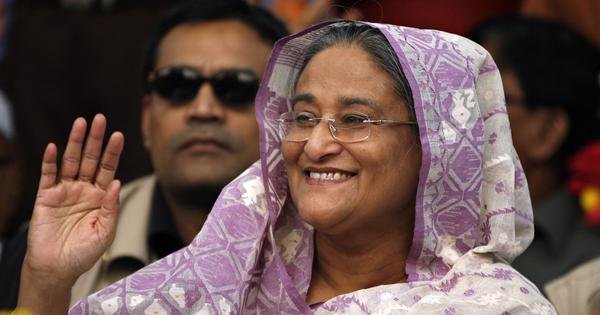Sheikh Hasina Faces Serious Charges in Bangladesh

Sheikh Hasina, the former Prime Minister of Bangladesh, is now facing serious charges. The country’s International Crimes Tribunal has accused her of crimes against humanity. These charges come from protests against her government in July and August.
Understanding the Charges
Hasina is accused of causing mass killings during these protests. The protests were aimed at her Awami League government.
Tajul Islam, the Chief Prosecutor, filed these charges. He described the violence as a “coordinated, widespread, and systematic attack” on the protestors.
“Hasina used law enforcement and armed party members to crush the uprising,” the prosecutor stated.
United Nations Report on the Violence
A report from the United Nations on February 12 detailed the violence. It found that Hasina’s government, security forces, and Awami League members committed serious human rights violations.
- 1,400 people died
- Thousands were injured between July 1 and August 15
- Most victims were shot by security forces
- 12% to 13% of those killed were children
Hasina’s Ousting and Current Status
Hasina was removed from power on August 5. She fled to India during widespread student-led protests. She had been Bangladesh’s prime minister for 16 years.
Muhammad Yunus, a Nobel laureate economist, took over as head of the interim government on August 8. Since then:
- 51 cases have been filed against Hasina
- 42 of these cases are for murder
- Two arrest warrants have been issued
Ban on Awami League
On May 10, Bangladesh banned all activities of the Awami League. This includes its online platforms, under the country’s anti-terrorism act.
Hasina has denied all allegations. She claims she is being politically persecuted.
Extradition Requests
In December, the interim government sent a formal request to India. This request sought Hasina’s extradition. India confirmed receiving the request.
In March, Yunus told Sky News that Dhaka sent formal letters to New Delhi. These letters requested Hasina’s extradition. However, India has not officially responded yet.
Bangladesh Court Restores Jamaat-e-Islami
On Sunday, Bangladesh’s Supreme Court restored the registration of Jamaat-e-Islami. This allows the party to participate in elections again.
Jamaat-e-Islami had supported Pakistan during Bangladesh’s 1971 war of independence. The party was a rival of Hasina’s father, Sheikh Mujibur Rahman, Bangladesh’s founding figure.
During Hasina’s reign, the high court banned the party in 2013. After Hasina’s ousting, Jamaat-e-Islami appealed for a review of this order.
Following the Supreme Court’s decision, the Election Commission was directed to handle the party’s registration according to the law.



